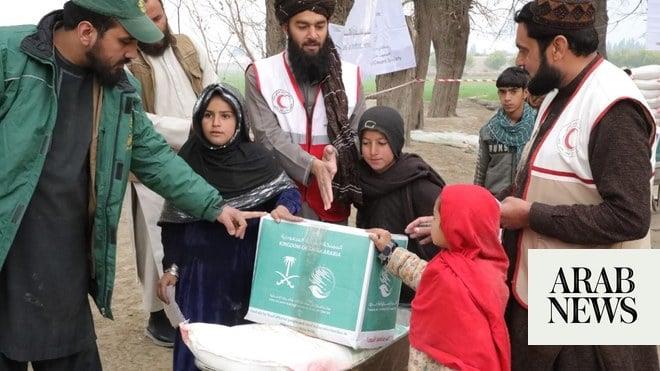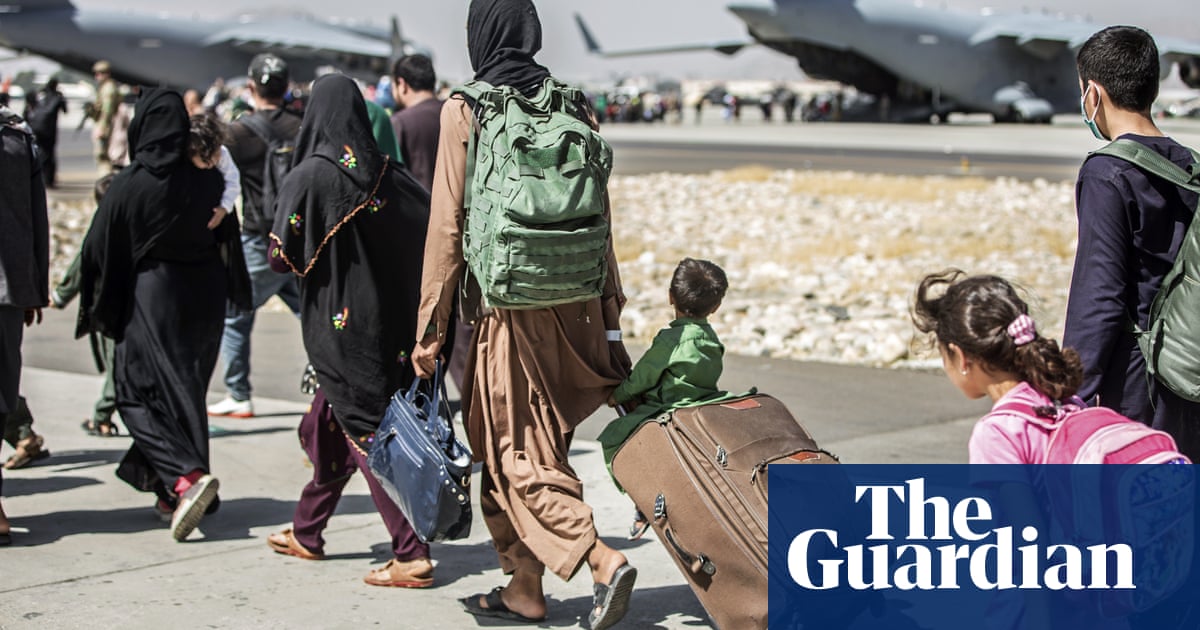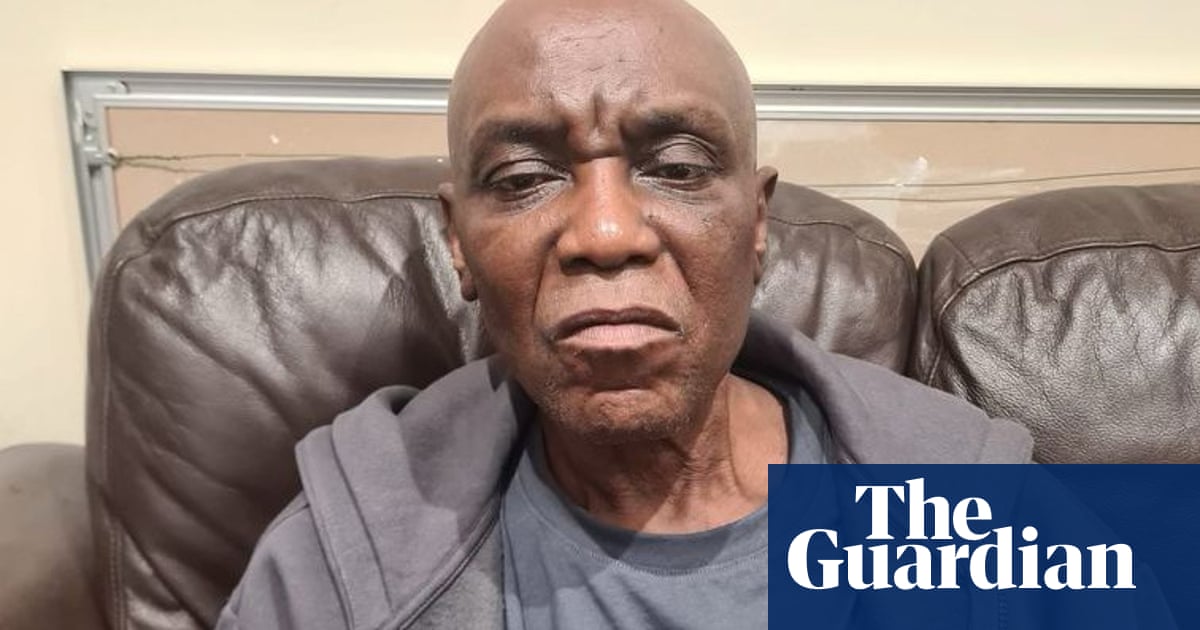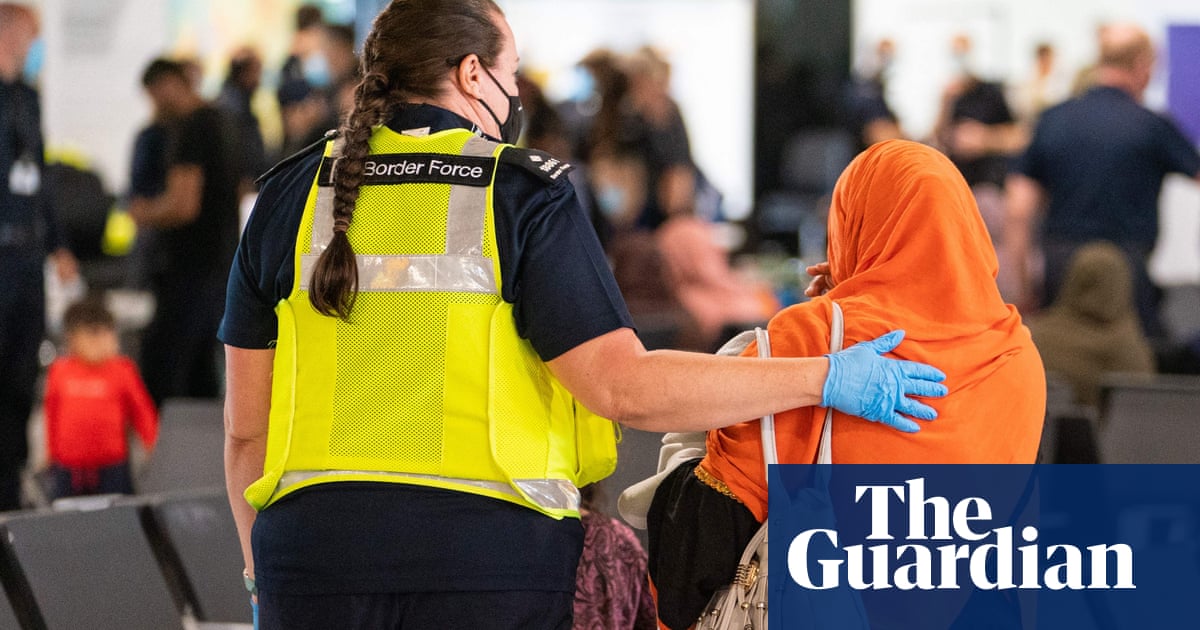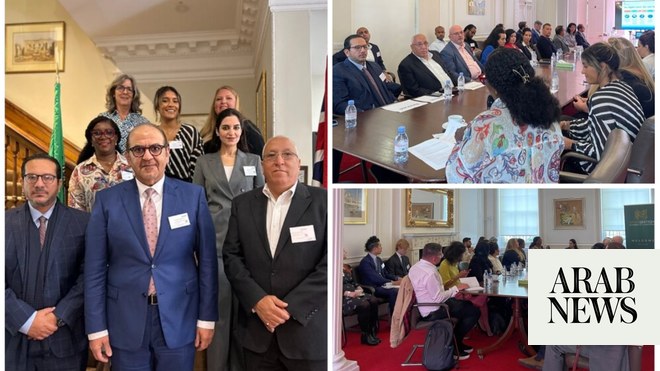
The Home Office has been accused of failing to prioritise the most vulnerable people in Afghanistan after admitting that some of the first people to be accepted under a resettlement scheme are already living in the UK.
The Afghan Citizens Resettlement Scheme (ACRS), first announced in August to resettle up to 20,000 people over four years, was designed to offer sanctuary to “vulnerable people, including women and girls at risk, and members of minority groups at risk” after the fall of Kabul to the Taliban.
Victoria Atkins told the House of Commons on Thursday the scheme had now opened, with “the first to be resettled … already evacuated and in the UK”.
“We are supporting those British nationals who have been assisted by the government to the UK, as well as their families, because we recognise that they experienced the same trauma and have the same needs as their Afghan neighbours fleeing Kabul alongside them,” she said.
Yvette Cooper, the shadow home secretary, questioned why the government was counting UK nationals on a scheme meant to prioritise those trapped in Afghanistan.
“Clearly British nationals and their families should get support, but why are they being counted in the resettlement scheme?
“She [Atkins] will know there is huge concern about rumours that government departments have been trading people and trying to shunt people around in order to reduce the number of people who will be supported, and she will understand how deeply shameful that would be if it were true,” she said.
Enver Solomon, the chief executive of the Refugee Council, said he was “very concerned” that the government could be limiting the numbers given access to the scheme by including those already in the UK.
“The announcement made today only goes as far as confirming that people in neighbouring countries will be able to access the scheme from the spring and that the pathway for people still in Afghanistan will be limited to a small cohort of people in the first year, leaving thousands of extremely vulnerable people in great danger,” he said.
Ministers are also facing claims that women, girls, and religious and other minorities are no longer being prioritised after Atkins implied they would not be among the first tranche of evacuees admitted in to the UK.
Atkins, the minister in charge of Afghan re-settlement, said two new safe routes to help Afghans escape to Britain were also due to be opened through the ACRS in coming months.
The first will open “from the spring”, according to Atkins, and will involve the UN high commissioner for refugees recommending people in “need of resettlement” to the UK.
The second new route, managed by the Foreign Office, will “work with international partners and NGOs” to expand it to others in need. Atkins said it would include “those who are particularly vulnerable, such as women and girls at risk and members of minority groups”.
Tim Farron, the Liberal Democrat MP and the party’s former leader, said her words appeared to downgrade a promise to prioritise women and girls.
“This represents a total betrayal of people in grave danger. The ministers responsible for this callous decision – which will cost lives – should hang their heads in shame,” he said.
Zoe Gardner, policy manager at the Joint Council for the Welfare of Immigrants, said the scheme presented by Atkins was ill-defined. “Over almost six months, we’ve seen this government repeatedly kick the can down the road when it comes to resettlement, and abandon the Afghan people. Even now the confusion and lack of planning is clear,” she said.
The ACRS was originally announced in August, when a statement from Boris Johnson and Priti Patel said: “Priority will be given to women and girls, and religious and other minorities, who are most at risk of human rights abuses and dehumanising treatment by the Taliban.”
A Home Office spokesperson said it would be “completely wrong” to suggest that women, children and minorities would not be supported at every stage of the ACRS.
“The government has already evacuated thousands of women and girls from Afghanistan – for example female judges, women’s rights activists and a girls football team. Women and girls are being immediately prioritised for resettlement through the ACRS.
“As each ACRS pathway opens, those at most risk, including women and children and minorities will continue to be prioritised. The UNCHR will refer refugees most at risk to the Afghan Citizens Resettlement Scheme, including women and girls as per their vulnerability criteria,” the spokesperson said.






